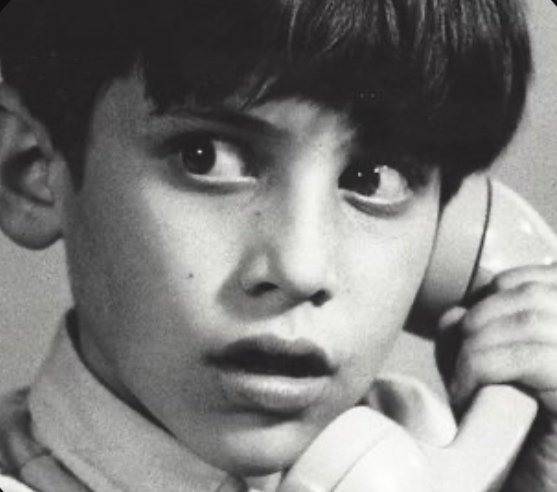Fly on the Wall
/Yasmina Reza, the French playwright (“Art,” among other works), was in town last week, talking about her newly translated book on Nicolas Sarkozy, the French President, entitled “Dawn Dusk or Night.” Sarkozy allowed Reza, a newcomer to political journalism, to trail his steps and record his words—hour by hour, throughout his campaign for the Presidency, until he was elected a year ago—in one of those follow-me-around, open-access deals that politicians make in haste and always seem to have occasion to regret at leisure. Her account, when it appeared in France, last summer, caused a more than mild kerfuffle, not because it contained any particular revelation about the much gossiped-about and self-revealing President but because of the strange mixture of stasis and mostly mindless, or, anyway, undirected, energy that she portrayed as the leitmotif of Sarkozyism—a portrait not exactly hostile, and made more credible by events since, of a meteoric arc with no particular place to end but a crater. Deliberately anti-dramatic, the book is a series of vignettes, fragments, tiny scraps of dialogue, and small, “meaningless” moments—“Franck? Is there any candy?” Sarkozy asks an aide. “He is handed a box of Rimbambelle that he cannot manage to open. Silent and violent struggle against the plastic packaging. . . . He eats a piece of the candy and offers me the box without a word”—all designed to create a portrait of what Reza calls “the extraordinary prison of political destiny.” The entire effect is something of a cross between Joan Didion’s political journalism and a series of cryptic outtakes from “Last Year at Marienbad”:
On the plane back. Still somber.
I dare:
Does it still seem a long way off for you?
I don’t think about it.
So you live day by day?
Yes. I just think of what I have to get done that day. That’s enough.
Silence. He looks at his hands. Then, he adds:
Why even think?
It’s a valid question. It could be applied to a lot of things.
Yes. To a lot of things.
Seductive and voluble, somewhat on the Sonia Rykiel model, Reza, who is forty-nine, emphasizes that what she has written shouldn’t make her seem to have any desire to become a social or political pundit, or even to be taken as an “observer” of the French scene: “I wanted simply to write a book about a fauve politique, in the French sense, a political beast. It wasn’t ideological. In fact, I was at first interested in a quite different politician, who appears under an initial in the book. But this man, Sarkozy, intrigued me as the absolute political animal. I think he took the idea on because, secretly, he thought it was a challenge to him. Of course, he supposedly had a ‘cultural deficit’ as well”—that is, he was less ostentatiously literary than almost any other French politician with Presidential ambitions—“and he thought that my presence, my writing, might help heal it. But, really, I think it was more in the nature of a personal challenge to have someone without evident politics witnessing his campaign.”
Like Sarkozy, Reza comes from an émigré family (which, like his, is Sephardic Jewish on one side), and, like everyone who has spent time with Sarkozy, she sees him as a man of endless energy who is fully alive only in transit.
“What fascinates me about men of power, all of them, is that, despite their cynicism, they are naïve—in many ways so naïve!” she said. “With an almost infantile credulity at times. Sarkozy believed that he could do everything and, once in power, was shocked to discover that he could do so little. In a campaign, one can have, or show, the trajectory of a conqueror; in power, it’s not possible. The tragedy of facts asserts itself.” Reza also secretly suspects Sarkozy of a certain aestheticism. “That may have been what really drew me to the subject,” she said. “Politicians are like writers, mercurial and unsatisfied, in a way, alive only when they’re invested in a passion.”
Though Reza understandably resists being turned into an oracle, much less a reporter on what the French call faits divers (gossip), when pressed on the inevitable question of the old First Lady and the new, she is something of an optimist. She said, “The crucial difference is this: Carla Bruni is a girl who wants to be there. Cecilia made it plain that she was profoundly unhappy to be there. Carla is happy to be there, to be seen, to be with him, to play a role. I am not sure it is not a good thing.”


